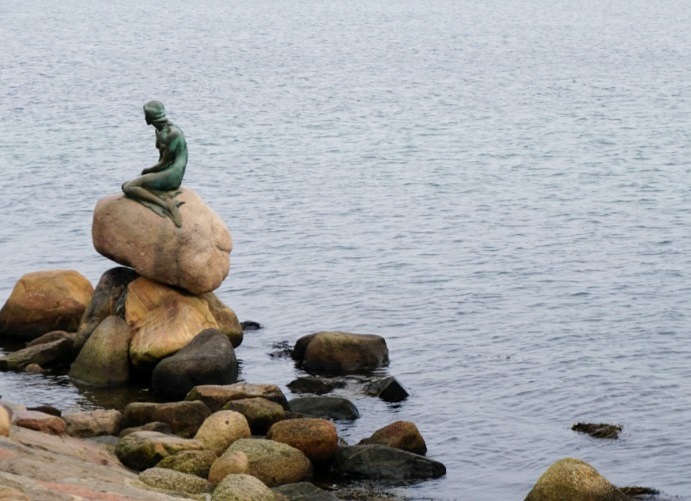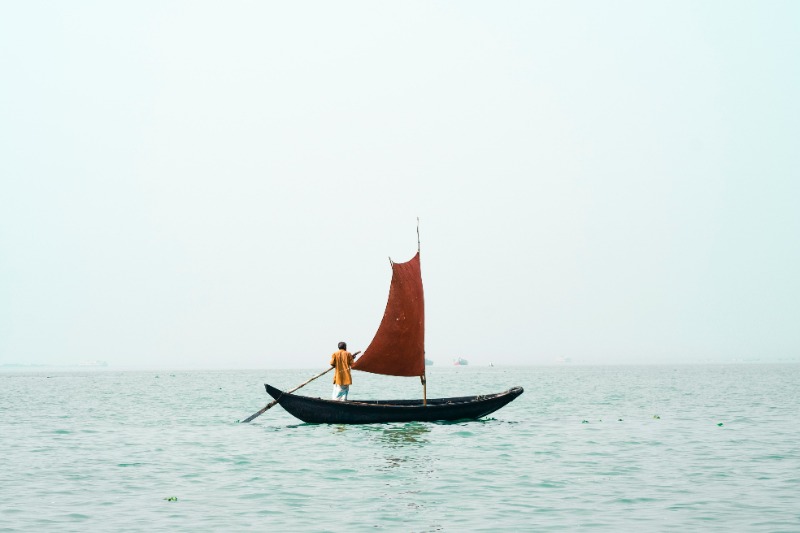
The Pope Francis' speechHe begins by inviting them to wonder, which is both the beginning of philosophy and a good attitude for opening oneself to faith.
"This is so because having faith does not consist primarily in a set of things to believe and precepts to follow. The heart of faith is not an idea, it is not a moral; the heart of faith is a reality, a most beautiful reality that does not depend on us and that leaves us with our mouths open: we are God's beloved children! This is the heart of faith: we are beloved children of God!"
Along with this "awe of God's love"is the amazement of forgiveness: "God always forgives. We are the ones who get tired of asking for forgiveness, but He always forgives.
There, in forgiveness, we find the face of the Father and peace of heart. There, He restores us anew, He pours out His love in an embrace that lifts us up again, that disintegrates the evil committed and makes the uncontainable beauty in us shine again, the fact that we are His beloved children. Let us not allow laziness, fear or shame to rob us of the treasure of forgiveness.".
And drawing on Greek culture, he advises them, first, to heed the oracle of Delphi: "know thyself".
Secondly, not to be carried away by the "siren songs" that could have killed Ulysses: "Recognize that you are worth what you are, not what you have. You are not worth because of the brand of clothes or the shoes you wear, but because you are unique, you are one of a kind".
Third, to take the better way which is the way of beautyrepresented by the melody of Orpheus, more beautiful than that of the sirens.
A melody that in our case can be even surpassed by Christian faith and the joy of the Gospel.
In addition, see life as a service to the needs of others.

"The meaning of life is not to stay on the beach waiting for the wind to bring news. Salvation is in the open sea, it is in the impulse, in following dreams, the true ones, those that are dreamed with open eyes, that entail effort, struggle, contrary winds, sudden squalls..." Pope Francis
In Greek young it is said new, y new means young.
Francisco asks: "Do you want to rejuvenate? Don't be content with just publishing a post or a tweet. Don't be satisfied with virtual encounters, look for real ones, especially with those who need you.; don't look for visibility, but for the invisible ones. This is original, this is revolutionary. To go out of oneself to meet others. But if you live imprisoned in yourself, you will never find the others.you will never know what it is to serve. To serve is the most beautiful, the greatest gesture of a person, to serve others"..
The living person needs to be truly open, and not only "virtually", to the face of others: "Many people today are 'social networkers' but not very 'social', closed in on themselves, prisoners of the telephone they hold in their hands. But the other person is missing on the screen, their eyes, their breathing, their hands. The screen easily becomes a mirror, where you think you are in front of the world, but in reality you are alone, in a virtual world full of appearances, of photos tricked to always look beautiful and fit. How beautiful, instead, it is to be with others, to discover the novelty of the other, to dialogue with the other, to cultivate the mystique of the whole, the joy of sharing, the ardor of serving!".
Christ is present to us in others. That is why we must dream of fraternity. There is an illuminating Greek saying. "The friend is another me". Francis says that the friend, and not the mirror, is the way to find oneself.
"Certainly," he observes, "it's hard to get out of one's comfort zones, it's easier to sit on the couch in front of the television. But that's something old, it's not for young people".
Young people's sportsmanshipPope Francis assures the young Athenians: "This is the birthplace of the greatest sporting events, the Olympics, the marathon. Beyond the The spirit of struggle that is good for the body, there is that which is good for the soul: training for openness, going long distances from oneself in order to shorten them with others, to throw one's heart through obstacles, to carry each other's burdens. Training in this will make them happy, keep them young and make them feel the adventure of living".
In Homer's Odyssey, the first hero to appear is Telemachus, son of Ulysses, who lived a great adventure. He did not know his father and was at a crossroads: let him be or go in search of him. Some voices whispered to him: leave him, don't risk it, it's useless. But he listens to the voice of divinity, which exhorts him to be brave and set out. He gets up, prepares the ship and at sunrise he sets sail.
It is a good lesson: "The meaning of life is not to stay on the beach waiting for the wind to bring news. Salvation is in the open sea, it is in the impulse, in following dreams, the true ones, the ones that are dreamed with open eyes, that entail effort, struggle, contrary winds, sudden storms. Please, don't be paralyzed by fear, dream big, and dream together! He encourages us not to let ourselves be held back by the "dream annulers, the hitmen of hope, the incurable nostalgics of the past".
That is the advice: feeding "The courage of hope". How is this done? Through decisions. "To choose is a challenge, it is to face the fear of the unknown, it is to get out of the swamp of approval, it is to decide to take one's life in one's hands." And an important observation: to make the right choices, remember: "good decisions always include others, not just oneself. Those are the decisions that are worth taking risks for, the dreams that need to be realized; the ones that require courage and involve others."
In summary, in saying goodbye to them, he proposes to them "the courage to move forward, the courage to take risks, the courage not to stay on the couch. The courage to take risks, to go out to meet others, never isolated, always with others. And with that courage, each of you will find yourselfHe will find others and find the meaning of life.
I wish you this, with the help of God, who loves you all. God loves you, be brave, go ahead! Brostà, óli masí! [Forward, all together!"
Mr. Ramiro Pellitero Iglesias
Professor of Pastoral Theology at the Faculty of Theology at the University of Navarra.
Published in Church and new evangelization.